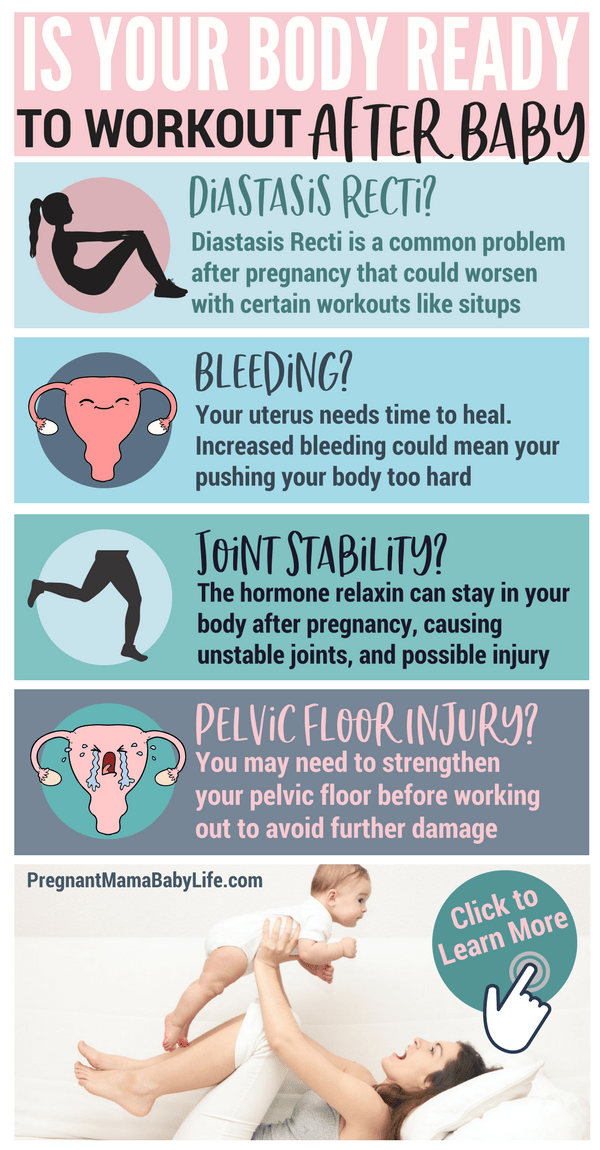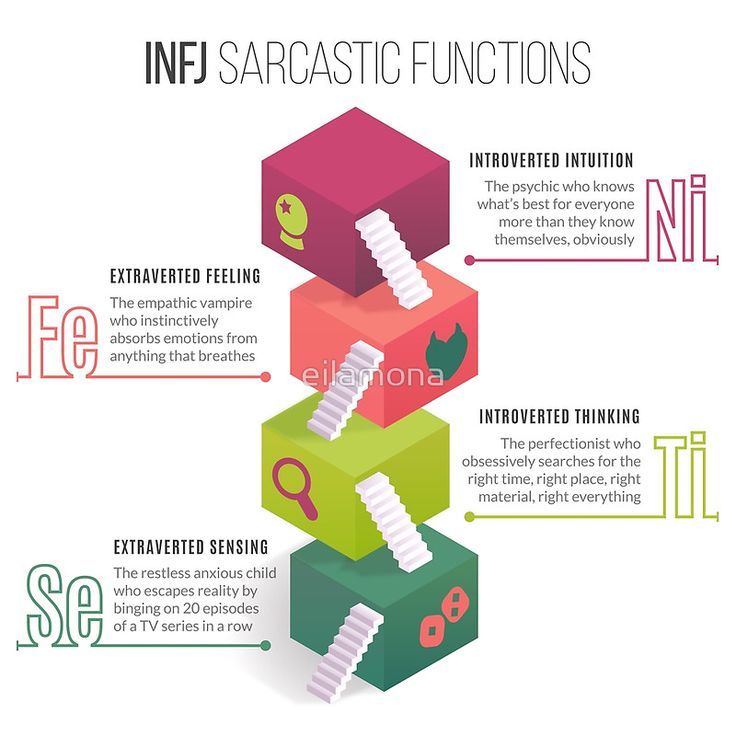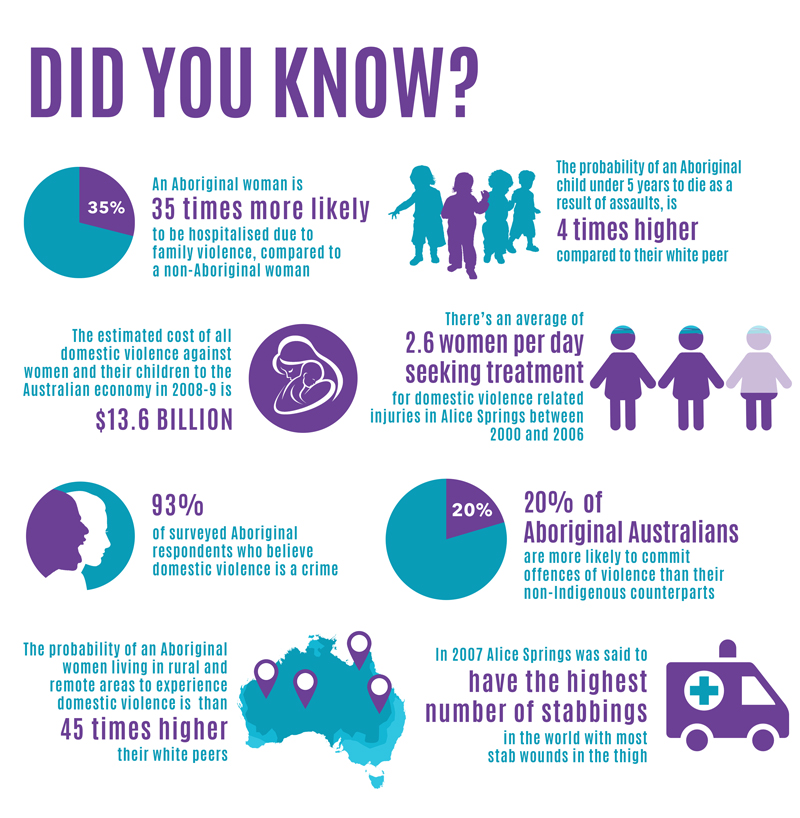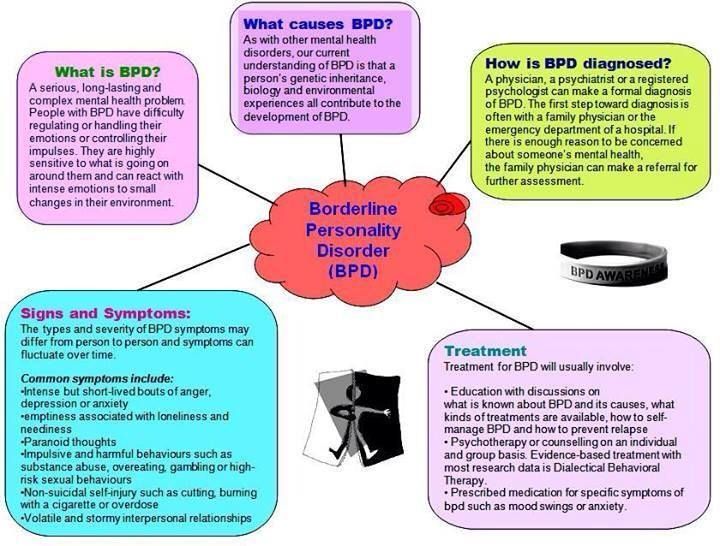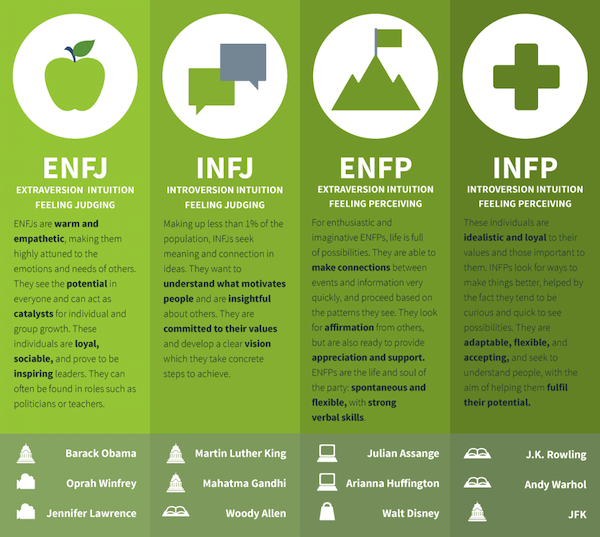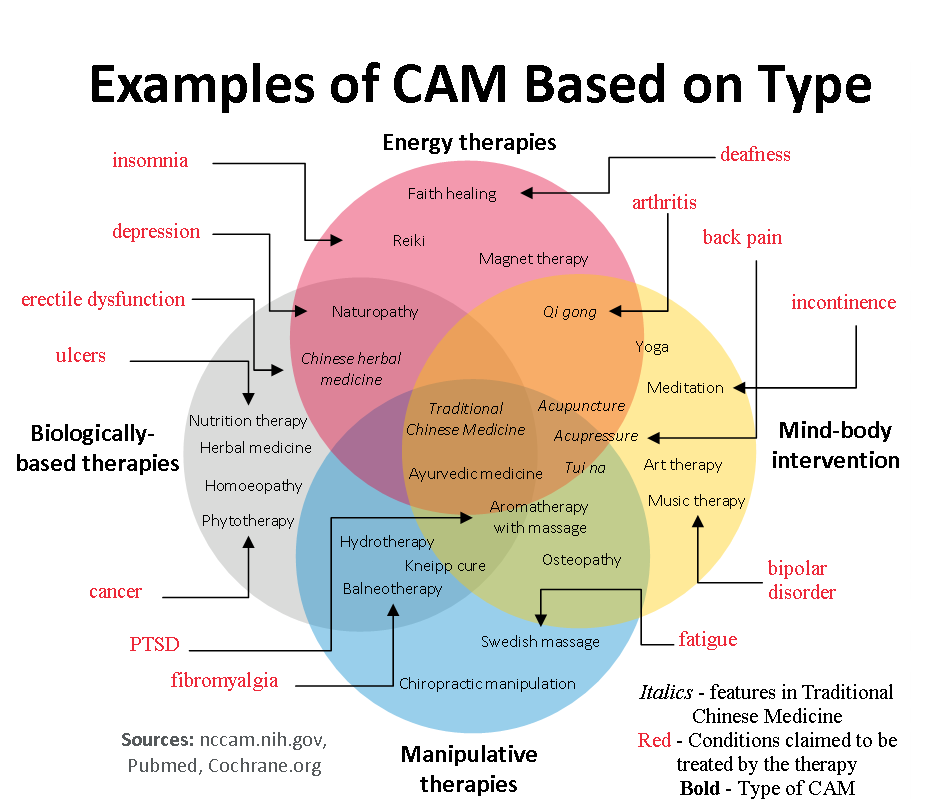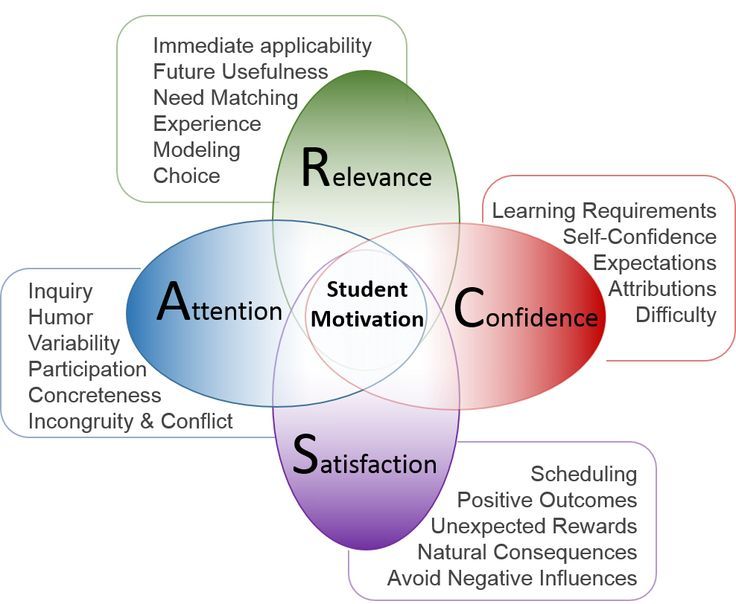What husbands need to know about postpartum
What Men Should Know About Postpartum Depression
Skip to content- View Larger Image
Having a new baby in your life can be both a marvelous and a frightening experience. Your life is changing, and nothing is the same anymore, and it won’t be. And no matter how much you’ve prepared for this moment, no one can be fully prepared for things like postpartum depression.
Depression that happens after childbirth can affect anyone, and in many cases, can’t be prevented. It happens to around 15% of women, it’s considered a severe condition, and you should treat it with professional help.
This article is for all the new dads struggling to understand their new life circumstances. We at Trogolo Obstetrics and Gynecology care about men also and want to help them understand their partners who just gave birth.
We will talk about postpartum depression and everything you need to know about it from a man’s perspective and finally, what is the best way you can help.
The period of the first six weeks after childbirth is referred to as the postpartum period. It is a healing period, both physically and mentally. During this period, mothers will adjust to their new babies, bond with them, and tune in to the new way of living.
In the following days after giving birth, mothers can encounter a strange feeling of baby blues. It happens to a lot of women, around 50 to 75 percent of them. Baby blues usually occurs few days after giving birth and doesn’t last more than a few weeks. Throughout this time, women can feel sad, exhausted, and even anxious. But all of that is entirely normal and common, even if a lot of crying follows it.
Yet, on the other side, some women can experience postpartum depression. A condition like this is much more severe than baby blues and should be treated as soon as possible.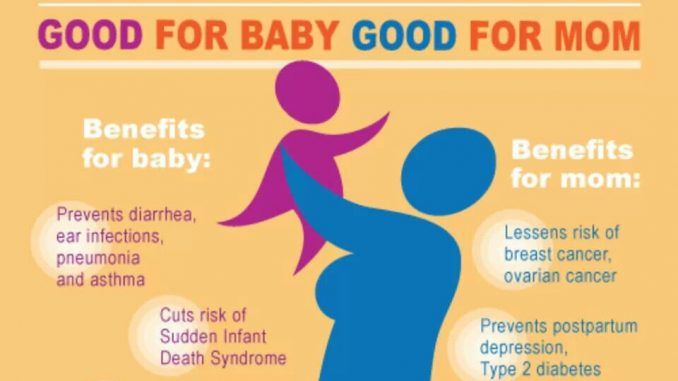
PPD isn’t that common like baby blues, but it can happen to anyone. It is considered to be an acute condition with symptoms similar to the ones occurring during baby blues. But the signs are much more intense, and they can last for weeks or even a year.
Women experiencing postpartum depression can feel anxious, sad, exhausted, and without energy. Many also come up against the feeling of hopelessness, guilt, and unworthiness.
Extreme and frequent mood swings are common, alongside intrusive thoughts. Many women also find it hard to take care of their newborn babies and themselves.
How to Recognize PPD in Your Wife?PPD can easily be confused with feeling just a little bit blue after childbirth. That’s why it’s not that easy to recognize symptoms of postpartum depression in your wife.
With our help and a bit of dedication, you can do it, and with that, help your partner overcome it.
Everyone that has ever had an experience with an infant knows how it can be challenging for both parents. During the early days, postpartum sleep is draining because sleep is limited. You now have a human being that you need to care for, and you don’t know how exactly. Women are struggling with their body image since their bodies now look totally different than ever before. Sex postpartum can be intimidating and confusing for both partners. And above all, the mental effort to stay on top of everything is high.
Due to that, some women can’t efficiently deal with this stressful new situation in their lives.
The Symptoms of PPDThe most reliable way to recognize PPD in your wife is to observe and notice the typical symptoms, that can be:
- She is feeling tired, often exhausted but can’t sleep
- She is sleeping too much
- She has been crying a lot for an extended time but can’t explain why
- She is overeating, and she hasn’t done it before
- She is eating too little and has lost interest in food
- She doesn’t have a desire for sex postpartum
- She is easily irritated and gets angry often
- She is often anxious and gets panic attacks
- She doesn’t feel like she is in control of her life
- She feels like she is a bad mother and a bad wife
- She feels guilty about having her own needs
- She didn’t connect with the baby
- She has intrusive thoughts about hurting herself
- She has intrusive thoughts about hurting the baby
We believe that it’s not easy to read these signs of PPD, but it’s of utmost importance to acknowledge them and be on the lookout for some.
Men postpartum can be of great help to their partners and help them overcome this struggling period.
Women often don’t ask for help, either because they don’t know how or are not aware that they have a problem. However, they often subtly give “calls for help,” even if they are unaware of it. And men postpartum should notice those calls and gently respond to them.
These so-called “calls for help” are never direct, and instead, they can be misunderstood for rudeness.
Like other forms of depression, postpartum one can is a severe mental condition, and often, women are not aware of their actions and consequences.
If your wife is often angry with you and starts fights and spats, but without a real reason, that can be a warning sign. Almost all women have problems with postpartum sleep. But if you notice drastic changes in sleep patterns that are not even normal for postpartum sleep, alongside the feeling of numbness, it can be a sign of PPD.
Often clear indicators of PPD are statements that your wife gives daily.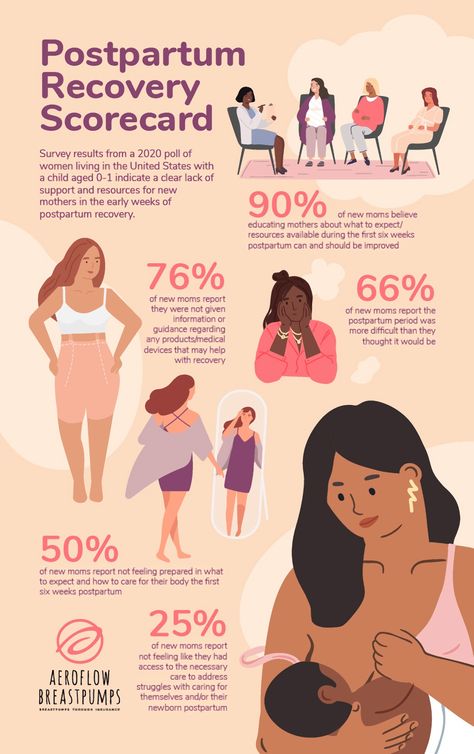 Sometimes those can be about her feelings, and sometimes about intrusive thoughts that she has. If your wife is often saying that she thinks her baby hates her, that she doesn’t know what to do, or that she is a failure of a mother, don’t take those statements lightly.
Sometimes those can be about her feelings, and sometimes about intrusive thoughts that she has. If your wife is often saying that she thinks her baby hates her, that she doesn’t know what to do, or that she is a failure of a mother, don’t take those statements lightly.
Also, if she is often talking about how she would like to run away and never come back or would rather die, don’t ignore it. It can be a clear sign of PPD, and you need to act upon it.
What Can You Do?Men postpartum don’t get it easy too, and they likewise have their problems. Men also have trouble with postpartum sleep and difficulties with sex postpartum. Sadness, exhaustion, and a sense of hopelessness are often present in men too. And men can suffer from paternal postpartum baby blues easily.
But if you feel like you can get through it and notice some of the signs of PPD in your wife, you need to help her. You should know that everything that’s happening with your wife can be easily treated with the help of a professional.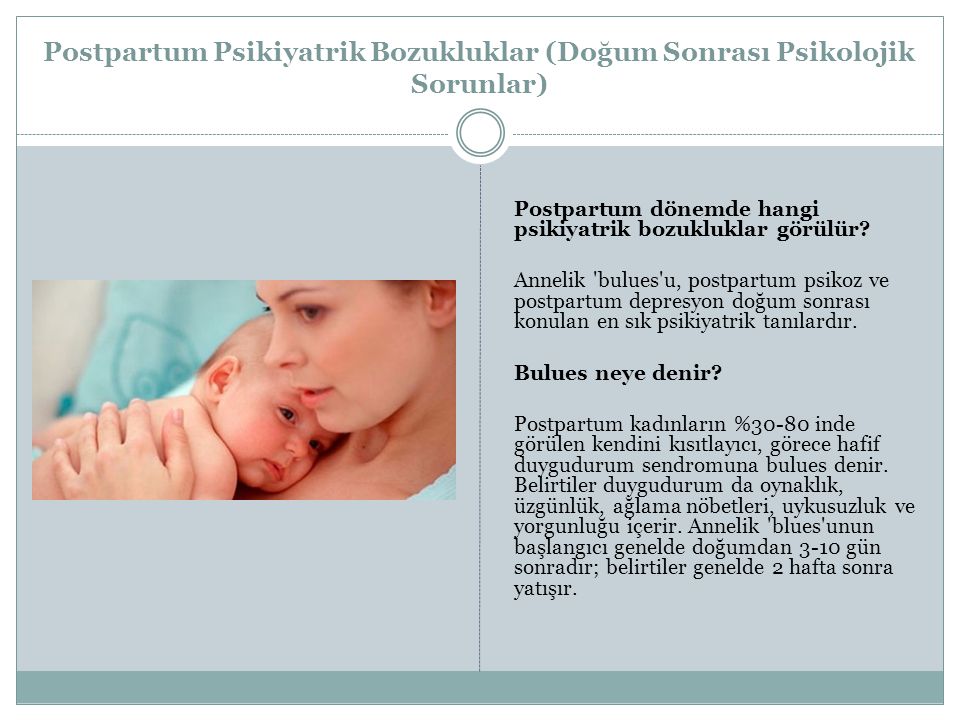
You shouldn’t get defensive, and you shouldn’t attack your wife, even if she does it first. It’s vital to know that she is not doing it on purpose because she doesn’t know how to handle the situation that she’s in currently.
She needs your full support and empathy now, and you need to be strong for both of you and the baby.
Talk to Your WifeThe conversation is always a good first step in solving every problem. Talk to your wife, and explain to her what you think is happening. If she gets defensive, be gentle with her, and try to give her much-needed support. Tell her how much you care for her, how great of a person she is, and encourage her that everything happening will pass.
Find HelpTo treat PPD in most cases, it’s necessary to combine both medication and therapy. Advise your wife to get help from a medical professional and accompany her everywhere she needs to go. If it’s necessary, you can also go to therapy with her or do counseling.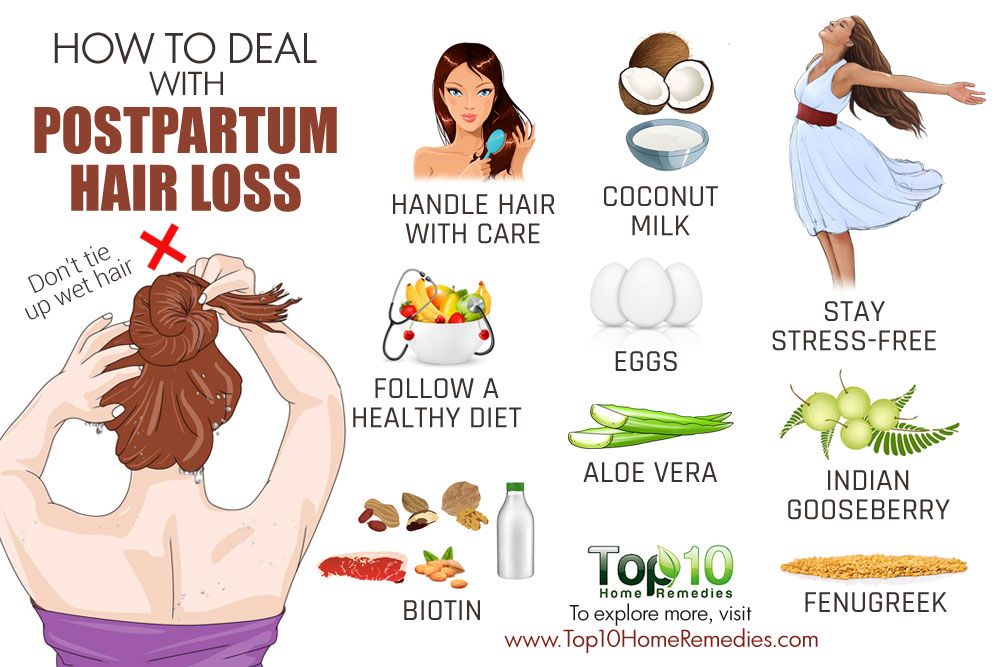
It’s not over when she starts her therapy, and the period ahead of you can be challenging. You should be there to help her navigate this new situation in her life. It would help if you helped with the baby, other chores in the house, and just be there if she needs you.
We Are Here to Help YouEvery change in life can be stressful, and one of the most demanding changes is having an infant and trying to harmonize your life with it. Due to that, PPD is common, and it even happens in men.
Here at Trogolo Obstetrics and Gynecology, our primary goal is helping women overcome their problems, and we want to help you too. If you suspect that your partner is coping with PPD, please call us and schedule an appointment to suggest the best possible treatment. And remember that the proper treatment can solve your problems quickly.
Page load link Go to TopHow to support your wife or partner after birth
PHOTO BY CARMEN CHEUNG
1.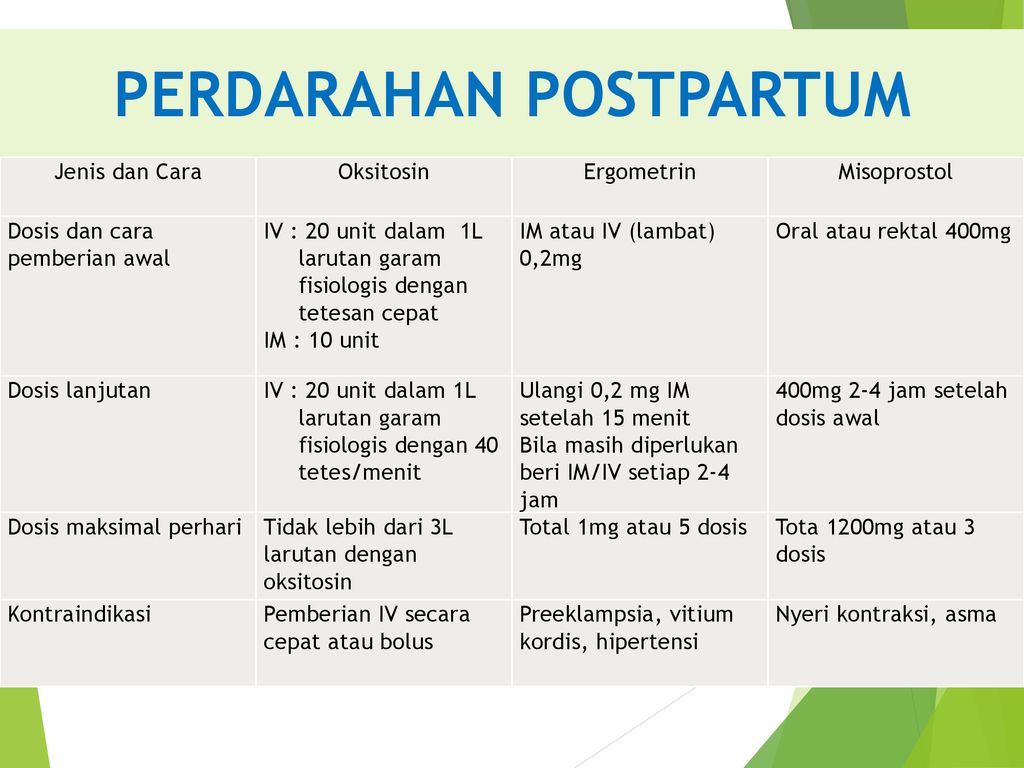 OK, don’t hate me for this one, but I’m a firm believer that the person who is not doing the night feeds should be the one to get up in the morning with the baby.
OK, don’t hate me for this one, but I’m a firm believer that the person who is not doing the night feeds should be the one to get up in the morning with the baby.If she’s handling the middle-of-the-night wake-ups (like, at midnight, at 2 am, and at 4 am) then you should be the one to take the baby after the 6 or 7 am morning feed and let your partner sleep an extra 30 minutes. Sure, you have a busy workday ahead, but there’s no reason you can’t make a tradition of fixing breakfast while wearing the baby in a sling or carrier, or drag a Moses basket or a bouncer chair into the kitchen. You can even set up a bouncer chair in the bathroom while you shower (just secure your infant in the straps, and leave the shower curtain a little open). It’s a small thing that will reap huge rewards: you’re building up goodwill with your partner for when you can’t make it home by 6 pm, and the extra zzzzs—plus your willingness to pitch in and parent as much as you can, despite your work responsibilities—help preserve a new mom’s sanity as she faces (another) day of solo parenting. Think of mornings as your special one-on-one time with your kid. (A word to the wise: babies are usually in a better mood in the morning than during those evening, post-work witching hours.)
Think of mornings as your special one-on-one time with your kid. (A word to the wise: babies are usually in a better mood in the morning than during those evening, post-work witching hours.)
This is a tricky one. Watch breastfeeding and latch how-to videos online, and try to educate yourself, too. You're both beginners at this (and so is your newborn, for that matter). No woman wants to be mansplained about breastfeeding, but I'll admit that sometimes my husband was more observant than I was, could notice the baby’s position, and was able to make helpful, quiet adjustments. Plus, he wasn’t as tired or as hormonal as I was. He’d seen the lactation consultant re-positioning us and helped me remember (and recreate) tips we’d received at the Newman breastfeeding clinic during the first week. Before your partners’ due date, it’s a good idea to program some lactation consultant numbers into your phone and research the nearest clinic locations and hours. Have them on hand, just in case. Even when breastfeeding comes easily, it’s an ever-evolving relationship. Something that was painless during week two could hit a few hiccups in week four—you never know.
Have them on hand, just in case. Even when breastfeeding comes easily, it’s an ever-evolving relationship. Something that was painless during week two could hit a few hiccups in week four—you never know.
Even moms who love and cherish breastfeeding can feel marooned in the rocking chair while the baby eats for the twelfth time in one day and then, inevitably, falls asleep on her. Does she need her phone, her phone charger, a fresh glass of water, a coffee refill, or a snack? Is the TV remote annoyingly just out of reach at the other end of the coffee table? Move it closer to her. This can seem like a small thing, but it is EVERYTHING.
4. Surprise her.With sushi she hasn’t had for nine months, grocery-store flowers, a bottle of wine, a trashy magazine, or a fancy coffee-shop drink instead of the usual home brew. It doesn’t have to be an expensive push present. Teeny, frequent gestures of kindness and consideration are key.
It doesn’t have to be an expensive push present. Teeny, frequent gestures of kindness and consideration are key.
Learn about sterilizing and storing breastmilk and formula here—you should be as much of an expert as your partner. Take ownership of this task. Devote some brain space to always having a mental accounting of how many clean bottles are in the cupboard or on the counter, and make sure you wash and clean them nightly so you never run out. Same with diapers. (Hint: Amazon is your friend.)
6. Check in with your little family often when you’re at work.Being alone with a baby all day can be crazy-making, even when things are going really well. She’ll be starving for adult conversation, or someone who cares just as much as she does about what the baby’s poop looked like this morning (and do you think that’s weird?).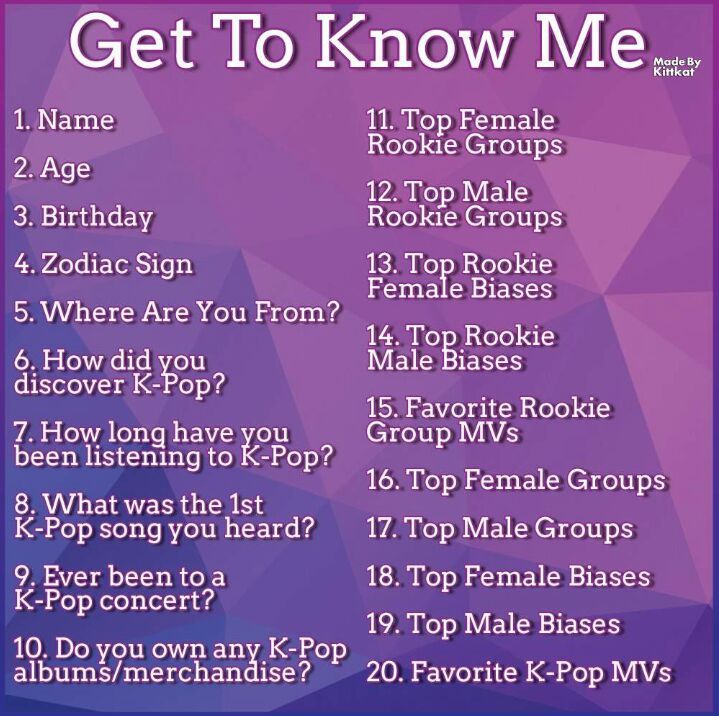 Text and call, and when you get home, let her debrief you about her day. If she’s too frazzled or too cranky to chat, immediately take the baby (no questions asked) and send her out for a walk.
Text and call, and when you get home, let her debrief you about her day. If she’s too frazzled or too cranky to chat, immediately take the baby (no questions asked) and send her out for a walk.
Preferably food that can be easily eaten with one hand. Stock up on muffins, bagels, apples, cheese, almonds, granola bars—anything snack-y, filling, delicious and easy to eat on the go. She’s feeding the baby; you’re responsible for feeding her. This brings me to the dinner issue. Yes, even though I was “home all day” for a year, I really wasn’t able to pull off both full-time baby care and dinner until about month six. I know moms having their second and third kids (or more) have this mastered much faster than I did as a new mom, but it may take several months to learn how to multitask, how to adjust to your new sleep situation, and to figure out how to time grocery store outings with naps, feeds, and diaper explosions. While mat leave days can seem unstructured, the window to leave the house can be ridiculously narrow. Even the most basic to-do list is at the mercy of your baby’s ever changing moods and needs. If you want to be really awesome, spend your evenings and weekends batch cooking and freezing some meals. If you can’t cook, ask eager-to-help family members to channel their generosity into meal deliveries, stock up on takeout menus, and download an app like UberEats.
While mat leave days can seem unstructured, the window to leave the house can be ridiculously narrow. Even the most basic to-do list is at the mercy of your baby’s ever changing moods and needs. If you want to be really awesome, spend your evenings and weekends batch cooking and freezing some meals. If you can’t cook, ask eager-to-help family members to channel their generosity into meal deliveries, stock up on takeout menus, and download an app like UberEats.
It's not "baby brain," it's that she's actually keeping track of a lot of details that aren't preoccupying the rest of the household. When will my milk come in?What if it never does? How many hours has it been since the baby last fed? Was it the left breast or the right? (And is it OK if the baby didn’t feed from both? Will my boobs be lopsided?) Has the baby been awake for more than two hours? Was that last catnap long enough to “count” as a nap? Did I remember to sterilize the breast pump parts from last night? Why is the baby seeming to nurse more this morning than she did yesterday morning? Should I be worried about my milk supply? (Quick, google how to boost low milk supply. ) When is that next paediatrician appointment again? Does the subway station near the doctor's office have an elevator for the stroller, or do I need to take the baby in a carrier? And which infant-transportation method guarantees better sleep? That’s just a snapshot. While your partner may not be vocalizing all of these seemingly minute—but very important—thoughts and questions, she's attempting to manage it all. And it's exhausting.
) When is that next paediatrician appointment again? Does the subway station near the doctor's office have an elevator for the stroller, or do I need to take the baby in a carrier? And which infant-transportation method guarantees better sleep? That’s just a snapshot. While your partner may not be vocalizing all of these seemingly minute—but very important—thoughts and questions, she's attempting to manage it all. And it's exhausting.
I know, this is easier said than done. Yes, your partner, if she's nursing, has the secret weapon—lactating breasts—and she's spent the last nine months developing a bond with your new arrival. But don’t immediately hand your crying infant off to your partner—resolve to be confident. You need to exude a cool and calm “Don’t worry, I got this” attitude. (It’s reassuring to both the baby and your co-parent.) Whenever my son was crying, I could always offer a boob as a potential solution. My husband, obviously, did not have that trump card. So he had to get creative. He came up with all these silly faces, songs and techniques (he mastered Harvey Karp’s five “S” tips early on) for soothing and distracting a fussy newborn, and as a result, he’s a better baby whisperer than I am. Now that our little guy is almost two years old, and I’m not nursing anymore, relying on my boobs to solve everything is no longer an option (this is both a blessing and a curse). But the patience and sense of humour my husband utilized in the first few months as a dad has grown into an impressive ability to deflect and redirect epic toddler tantrums, which is useful to this day.
My husband, obviously, did not have that trump card. So he had to get creative. He came up with all these silly faces, songs and techniques (he mastered Harvey Karp’s five “S” tips early on) for soothing and distracting a fussy newborn, and as a result, he’s a better baby whisperer than I am. Now that our little guy is almost two years old, and I’m not nursing anymore, relying on my boobs to solve everything is no longer an option (this is both a blessing and a curse). But the patience and sense of humour my husband utilized in the first few months as a dad has grown into an impressive ability to deflect and redirect epic toddler tantrums, which is useful to this day.
This article was originally published on Jan 10, 2020
Postpartum period: what is it?
Postpartum period: what is it? 8 812 380 02 38St. Petersburg
Make an appointment
Congratulations! You are now Mom, which means that everything is just beginning, and childbirth has been replaced by the next important stage in your life - postpartum.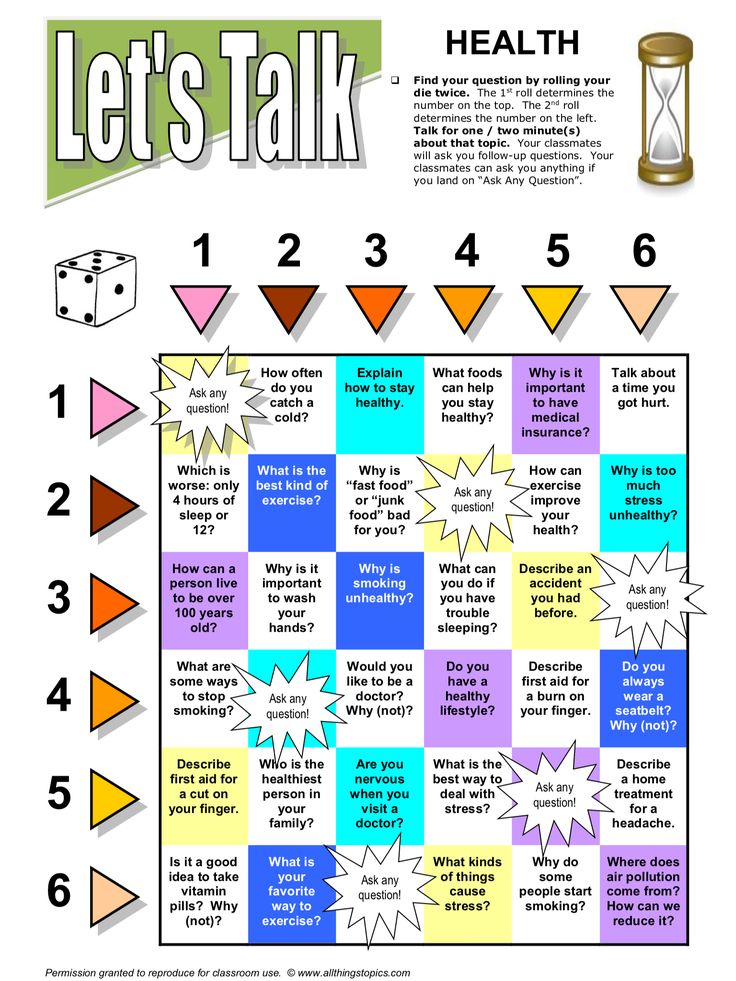
The postpartum period is early and late.
The early period (and it takes the first 2 hours after birth) obstetricians are still in the maternity hospital, so we will not dwell on it in detail. This period occurs when you are left alone (or with your baby) in the delivery room after childbirth. Obstetricians are monitoring you for 2 hours, because sometimes various complications may occur, and it will be easier to deal with them in the delivery room.
The late postpartum period lasts for 2 months after delivery. Why 2 months?
Because during this time the uterus almost completely returns to its original size (from one kilogram to 50 grams) during postpartum contractions. You will feel this first of all during breastfeeding, i.e. breastfeeding helps a woman to recover faster after childbirth.
In the late postpartum period, you need to know what is normal and what is a reason to see a doctor.
This is normal:
- Shedding of the lining of the uterus (the one that is shed during menstruation) is normal in the postpartum weeks.
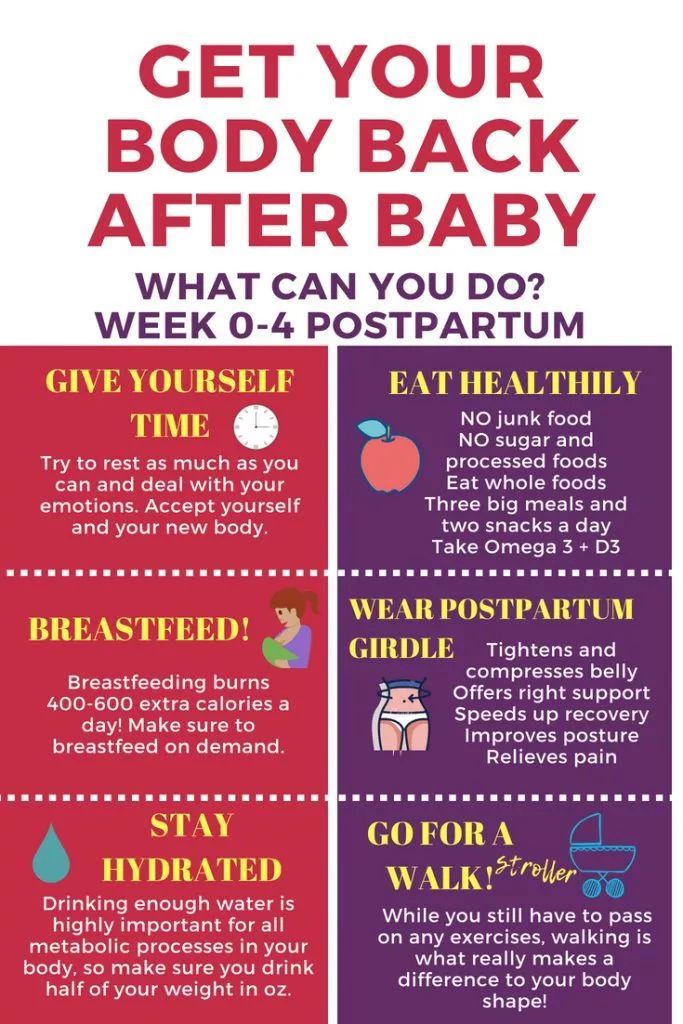 These discharges are called lochia. Initially, the lochia is light red and quite abundant, but after a few days after delivery, they will seem like a normal period to you, and after three to four weeks you will have only a light discharge. With lochia, it is better to use pads instead of tampons! After six to eight weeks, the lochia will pass, and with them your postpartum period will end.
These discharges are called lochia. Initially, the lochia is light red and quite abundant, but after a few days after delivery, they will seem like a normal period to you, and after three to four weeks you will have only a light discharge. With lochia, it is better to use pads instead of tampons! After six to eight weeks, the lochia will pass, and with them your postpartum period will end. - Excessive sweating is also normal. This happens under the influence of hormones and will pass in a couple of months. It is advisable during this period to wear clothes made from natural fabrics and consume more fluids.
- Enlarged belly. Your belly will most likely look like you are four months pregnant for a few more weeks. Through breastfeeding and with the help of appropriate gymnastics, you can strengthen it. But at first, train only the oblique abdominal muscles. The fact is that during pregnancy, the abdominal wall in the middle is significantly stretched, and if you do exercises that train the rectus abdominis muscles, you will only contribute to this stretching.
 Take your time, give yourself time to bounce back, and keep making sure your diet is balanced.
Take your time, give yourself time to bounce back, and keep making sure your diet is balanced. - A feeling of drowsiness, weakness often accompanies a woman after childbirth. This is the reaction of the body to the process of childbirth, because for one childbirth, about five thousand kilocalories are spent !! Now you need to consume more vitamins and minerals (primarily iron, zinc, calcium). You may also be advised by your doctor to take an iron supplement for a few weeks if you had anemia during pregnancy or if you lost a lot of blood during childbirth. In addition to medication, it is very important to use psychological factors for weakness:
- As often as possible, sit in bed with your baby, enjoy this first intimacy (however, get up from time to time to stimulate blood circulation).
- Rely on your instincts, not on the good advice of others. Do not worry if one of your relatives starts telling you that you are feeding (swaddling, dressing, etc.) the baby incorrectly. It is impossible to please everyone, because we are all different.
It is impossible to please everyone, because we are all different.
- In the first weeks, the child especially needs the closeness of the mother. If your husband joins you, even better. From the visits of guests, at least in the first weeks, if possible, refuse.
- Get more rest. Ask your mom, husband, or other people close to you to help around the house, cook meals, or take your baby for a walk while you relax. "I myself" leave for other stages of your life. - Milk discharge outside of feeding is quite common and is not a pathology. The following reasons can lead to this: uncomfortable synthetic underwear, stimulation of the nipples by a partner, a change in air temperature. Only external manifestations are eliminated by using special pads in a bra.
- Sometimes not all is well with the functioning of the intestines. His tone is lowered, digestion is slow, there is no stool. Therefore, watch the timely emptying of the intestines especially carefully (in extreme cases, use an enema, but still an appropriate diet is preferable).
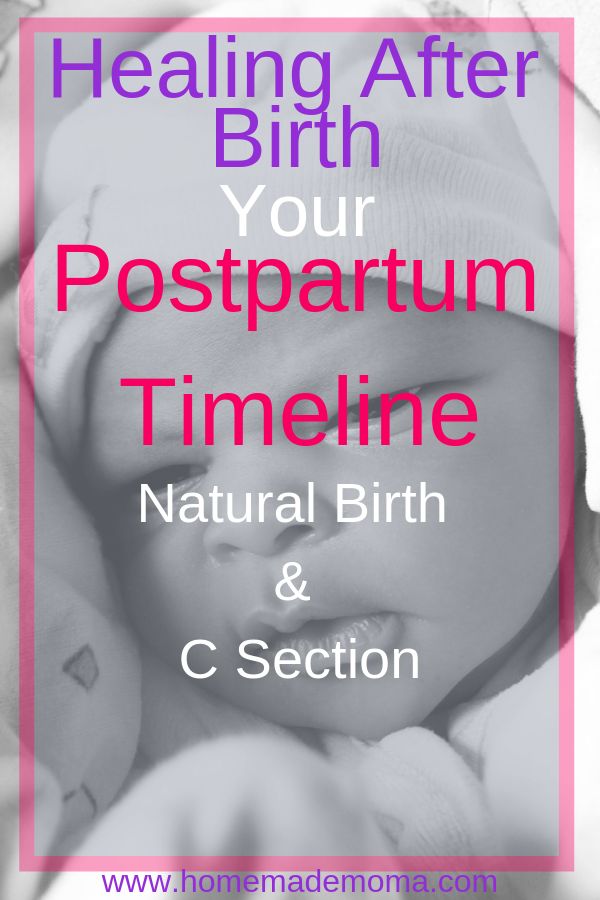 An overfilled bladder, clogged intestines compress the uterus, the outflow of lochia is difficult, and its return to normal size slows down.
An overfilled bladder, clogged intestines compress the uterus, the outflow of lochia is difficult, and its return to normal size slows down.
This requires immediate medical advice:
Let's note some symptoms, in case of which mothers should urgently consult a gynecologist, even if their general health is not bad:
- Increased body temperature. This symptom is not always associated with a cold: first of all, it is necessary to exclude a postpartum complication - inflammation of the mucous layer of the uterus (endometritis). If it is not diagnosed in time and treatment is not started, then this can lead to serious consequences. In addition, it is necessary to exclude the inflammatory process in the area of the seam (sutures), if any.
- Change in the nature and quality of secretions from the genital tract. A woman after childbirth should be alerted by the appearance of discharge with an unpleasant odor, as well as the appearance of more abundant, bloody or purulent discharge - all this indicates an inflammatory process in the uterus.
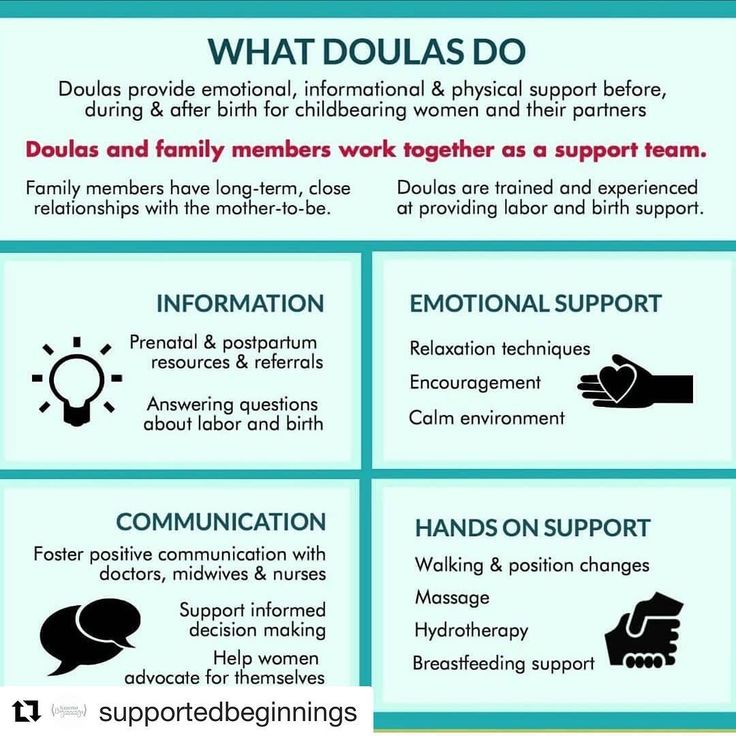
- The appearance of any pain in the lower abdomen or in the area of the postoperative suture. This may be a sign of serious negative changes in the uterus or talk about inflammation of the suture. The appearance of discharge from the suture after caesarean section, as well as engorgement and redness around the postoperative suture indicates the attachment of infection and inflammation.
- The appearance of pain in the chest, swelling, redness that does not go away after feeding the baby. Especially in combination with fever, it is often a symptom of incipient mastitis. And mastitis in a pronounced form requires surgical intervention. To prevent mastitis, nature invented breastfeeding, but not all women know it...
Here are the most frequent questions that women ask after childbirth at the gynecologist's appointment
When will the normal menstrual cycle be restored?
The timing of the restoration of the menstrual cycle for each woman is individual. This is usually associated with lactation. After childbirth, a woman's body produces the hormone prolactin, which stimulates the production of milk in the female body. At the same time, prolactin suppresses the formation of hormones in the ovaries, and therefore prevents ovulation. But that doesn't mean you shouldn't protect yourself! It is necessary, because now rarely anyone's body works like clockwork.
This is usually associated with lactation. After childbirth, a woman's body produces the hormone prolactin, which stimulates the production of milk in the female body. At the same time, prolactin suppresses the formation of hormones in the ovaries, and therefore prevents ovulation. But that doesn't mean you shouldn't protect yourself! It is necessary, because now rarely anyone's body works like clockwork.
If the baby is fully breastfed (ie fed only breast milk), then the menstrual cycle of his mother will be restored at the end of the lactation period, ie. after the start of the introduction of complementary foods. If the child is on mixed feeding (that is, the mother, in addition to breast milk, introduces mixtures into the baby's diet), then the menstrual cycle is restored after 3-4 months. With artificial feeding (the baby receives only milk formula), menstruation is restored, as a rule, by the second month.
How long should a baby be breastfed?
Breast milk is the most useful, balanced and valuable product for a newborn.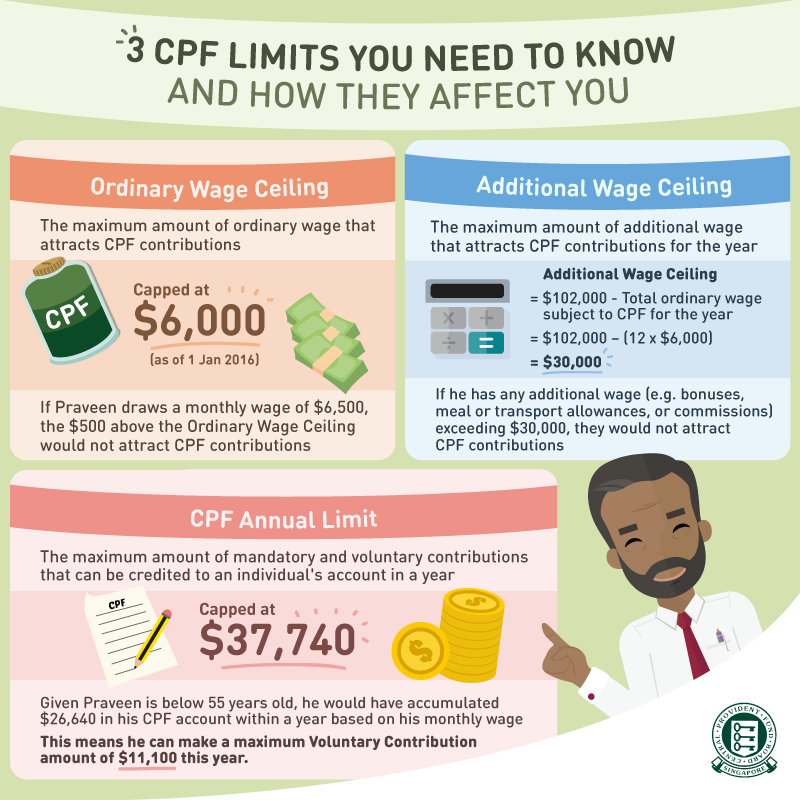 It is good if the baby receives breast milk for at least six months. It is wonderful if he has such an opportunity for a year and a half. In addition, during feeding, hormones are released that cause the uterus to contract more actively, and therefore, recovery after childbirth is faster.
It is good if the baby receives breast milk for at least six months. It is wonderful if he has such an opportunity for a year and a half. In addition, during feeding, hormones are released that cause the uterus to contract more actively, and therefore, recovery after childbirth is faster.
Is it possible to get pregnant if there is no regular cycle yet?
Pregnancy can also occur in the absence of normal menses. This is because ovulation begins on average two weeks earlier than menstruation. Abortion in the first months after the birth of a child is a severe hormonal and psycho-emotional stress that leads to various disorders in the reproductive system of a woman. In order not to face the fact of an unplanned pregnancy, it is necessary to discuss contraception at the first appointment with a doctor after childbirth.
When can I start having sex after giving birth?
Sexual intercourse after childbirth can be resumed after about 8 weeks, ie. after the discharge from the genital tract becomes natural. It is not recommended to start sexual activity earlier, since the cervix has not yet fully formed. Perhaps the penetration of infection and the development of inflammation of the inner layer of the uterus (endometritis).
It is not recommended to start sexual activity earlier, since the cervix has not yet fully formed. Perhaps the penetration of infection and the development of inflammation of the inner layer of the uterus (endometritis).
When can I start physical education?
Do not rush to the gym immediately after giving birth. The body needs to be given time to recover. You need to wait until all the sutures heal and the bloody discharge from the genital tract ends. And it will be possible to start exercising in the gym or in the pool after the first visit to the doctor after childbirth in the absence of contraindications.
When is the best time to plan the next pregnancy?
The interval between pregnancies depends on how the delivery and the postpartum period proceeded. If the birth was independent, and then during the year the woman breastfed the baby, then it is better to plan pregnancy a year after the end of lactation. This must be done in order for the body to recover from the previous pregnancy and prepare for the new one.
If the birth was by caesarean section, it is better to plan the next pregnancy not earlier than in 2-3 years. Previously, it is not recommended to become pregnant, since during a new pregnancy, the scar on the uterus may not withstand the load and disperse. On the other hand, it is also not worth postponing a second pregnancy for decades, because over the years, connective tissue will predominate in the scar tissue, and it does not stretch well.
If a pregnancy or childbirth has been complicated, careful examination should be carried out before a new pregnancy in order to minimize the risk of unpleasant surprises.
Despite being busy, a young mother should not forget to consult a gynecologist in a timely manner, because prevention is always better than a disease.
Remember: the more attentive you are to your health, the more care and affection you can give your baby.
Erokhin A.V. obstetrician-gynecologist of the Medical Center "XXI century"
Request a call to the call center
Thank you, your application has been accepted and is being processed
Thank you for contacting us!
Our specialist will contact you during the day to clarify the details and make an appointment. Please keep in touch. If you feel uncomfortable waiting or need an urgent appointment, please call 8 812 380 02 38.
Please keep in touch. If you feel uncomfortable waiting or need an urgent appointment, please call 8 812 380 02 38.
Error message
Thank you for helping to make our site better!
We use cookies
When you visit the site, you agree that we process your personal data.
Read more
The first days in the hospital - articles from the specialists of the clinic "Mother and Child"
Bogomolova Marina Vadimovna
Embryologist
Clinic "Mother and Child" St. Petersburg
Immediately after childbirth
Immediately after the birth of the baby is placed on the mother's stomach , then the umbilical cord is cut and the baby is placed on the mother's breast. Then the skin of the newborn is cleaned, its length and weight, head and chest circumference are measured. The doctor examines the birth canal, if necessary, sews up tears in the soft tissues of the birth canal, assesses the tone of the postpartum uterus, and helps the woman empty her bladder.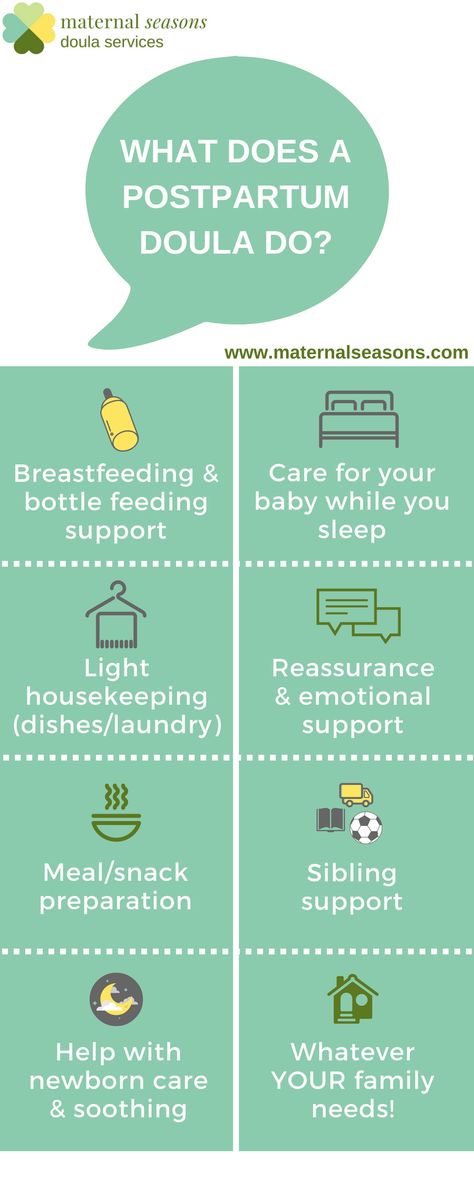 But even after all these standard manipulations, the mother is not transferred to the postpartum ward, another for two to three hours, the puerperal stays in the maternity block . Why? In the first two hours after childbirth, some complications are possible, primarily uterine bleeding or an increase in blood pressure. Therefore, during these two hours, the mother lies on a stretcher or a bed in the maternity ward, since doctors and midwives are constantly there, and the operating room, in which case, is also located nearby. The child at this time is usually taken to the children's department, where he most often sleeps. And only two hours later, if everything is fine, the mother is transferred to the postpartum ward.
But even after all these standard manipulations, the mother is not transferred to the postpartum ward, another for two to three hours, the puerperal stays in the maternity block . Why? In the first two hours after childbirth, some complications are possible, primarily uterine bleeding or an increase in blood pressure. Therefore, during these two hours, the mother lies on a stretcher or a bed in the maternity ward, since doctors and midwives are constantly there, and the operating room, in which case, is also located nearby. The child at this time is usually taken to the children's department, where he most often sleeps. And only two hours later, if everything is fine, the mother is transferred to the postpartum ward.
How does a woman feel at this time? Chills may occur, abdominal pain may occur, especially in multiparas.
What should a woman do at this time? Relax and unwind. Take shelter so as not to freeze, especially if chills appear. Place an ice pack on the uterus. If possible, ask the midwife to bring hot tea.
If possible, ask the midwife to bring hot tea.
1st day after delivery
Shortly after the woman is transferred to the postpartum ward, 9 will come to her0118 postnatal midwife . She will tell you about the arrangement of the department (where the shower, toilet, dining room are), about the daily routine (the time for visiting doctors, eating) and will help the young mother, if necessary, to empty the bladder using a catheter. If a woman lies together with the baby, then immediately after the transfer to the postpartum ward, the child will be brought to her. The midwife will help the mother to properly attach the baby to the breast and start breastfeeding. Then come pediatric nurse : She will show you how to swaddle your baby and explain how to take care of him. Do not be afraid that after childbirth there will not be enough strength for the child: most newborns sleep most of the day and wake up only for feeding. In addition, in the maternity hospital, the child is usually washed and dressed by nurses, so that the woman will have enough time to relax. If there is no joint stay of mother and child in the maternity hospital, then every three hours they will bring him to the ward for feeding, and then take him back to the children's department. Over time, the woman herself will pick up and carry the child.
If there is no joint stay of mother and child in the maternity hospital, then every three hours they will bring him to the ward for feeding, and then take him back to the children's department. Over time, the woman herself will pick up and carry the child.
How does a woman feel at this time? On the first day after giving birth, women feel differently. Some experience an incredible elation (this is due to the release of endorphins into the blood - the hormones of pleasure), while others, on the contrary, feel very tired. Some want to call all their friends and announce the birth of a child, they are inspired, full of energy and ready to take care of the baby on their own. Other mothers want to be alone and come to their senses, they still do not have the strength to constantly be with the child.
What should a woman do at this time? In any case, immediately after childbirth, as after any heavy load, you need to restore strength: first eat, and then go to bed or just relax.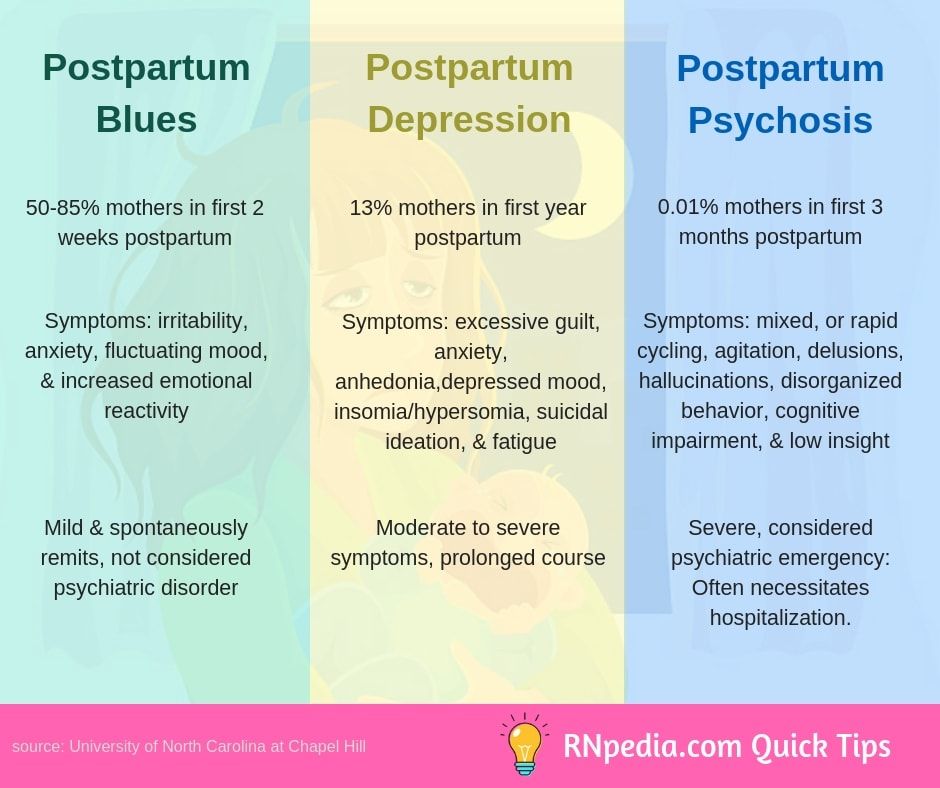 By the way, the following situation is possible: the birth occurred in the evening or at night, and dinner time has already expired; therefore, in order not to starve, you need to bring something light for a snack (cookies, bread rolls) with you to the hospital in advance.
By the way, the following situation is possible: the birth occurred in the evening or at night, and dinner time has already expired; therefore, in order not to starve, you need to bring something light for a snack (cookies, bread rolls) with you to the hospital in advance.
Mom can usually get out of bed 6 hours after birth.
In general, if the birth went without complications, then it is worth starting to get up as early as possible, first with the help of a midwife, and then on your own.
This helps to improve blood circulation, normalize the functioning of the urinary system and intestines, and accelerate healing processes. In addition, very soon the baby will require more attention.
Important point: After childbirth, the tone of the bladder decreases, so the urge to urinate may be absent or it may become painful and frequent. However, you should go to the toilet at least four times a day. Urination can be caused reflexively by opening a tap with water, this helps many people a lot. In the absence of the desired effect, urine is removed by a catheter. Most often there is no stool on the first day after birth.
In the absence of the desired effect, urine is removed by a catheter. Most often there is no stool on the first day after birth.
Next days
Every day the mother will be examined by an obstetrician-gynecologist : he will evaluate the contraction of the uterus, the condition of the sutures and the amount of discharge, see if colostrum is secreted. The midwife will regularly measure the temperature, pulse, blood pressure and treat the external stitches with disinfectant solutions several times a day. Also, every day the baby will be watched by a pediatrician, after which he will tell his mother about the condition of the child. After a normal birth, a woman, as a rule, is discharged on the 3rd-4th day (after a caesarean section - on the 5th-6th).
How does a woman feel at this time?
After childbirth, a woman may experience pain in the abdomen due to uterine contractions, as well as slight muscle pain in different parts of the body.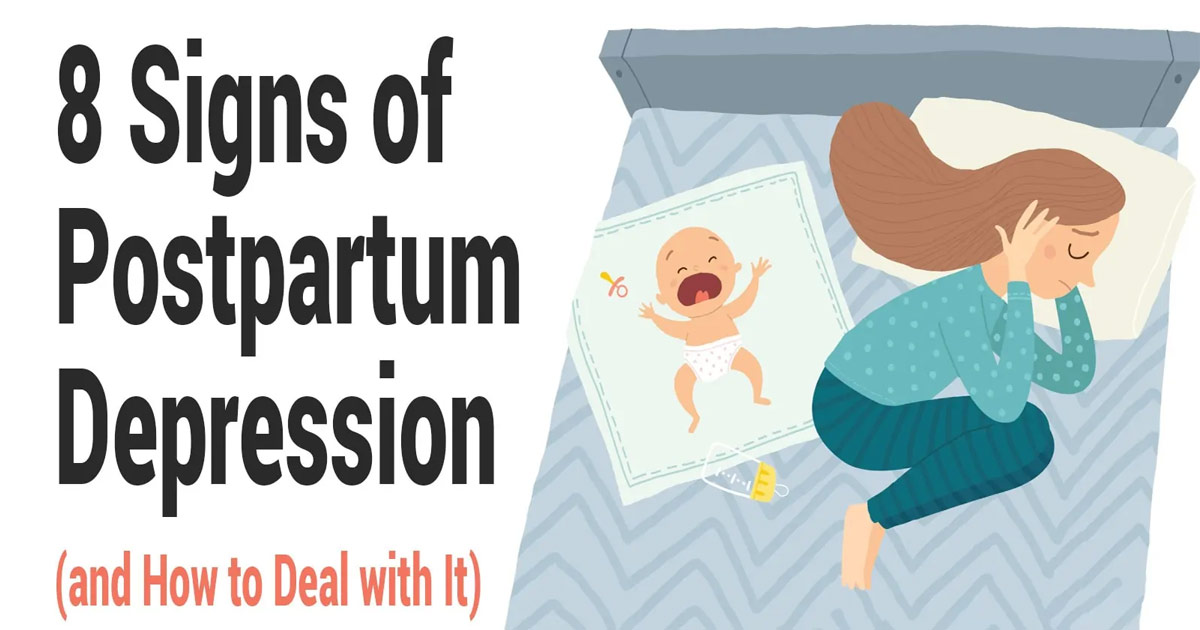 On the face and on the whites of the eyes, a “rash” may appear - pinpoint hemorrhages that appear due to the fact that small capillaries burst during attempts from tension. Blood pressure can be lowered, so dizziness is possible (to avoid it, you should get up smoothly, without sudden movements). There may be pain in the perineum, even if there were no tears and its incision (pain appears because the perineum was severely stretched during childbirth). If the perineum is sutured, then it will not be possible to sit for at least the first two weeks. Sometimes after childbirth, varicose veins appear in the anus (hemorrhoids), which means discomfort in this place.
On the face and on the whites of the eyes, a “rash” may appear - pinpoint hemorrhages that appear due to the fact that small capillaries burst during attempts from tension. Blood pressure can be lowered, so dizziness is possible (to avoid it, you should get up smoothly, without sudden movements). There may be pain in the perineum, even if there were no tears and its incision (pain appears because the perineum was severely stretched during childbirth). If the perineum is sutured, then it will not be possible to sit for at least the first two weeks. Sometimes after childbirth, varicose veins appear in the anus (hemorrhoids), which means discomfort in this place.
What should a woman do at this time? Mom needs to continue to rest and gain strength. And you should also follow the rules of personal hygiene: often change postpartum pads, do air baths for seams (if any), take a shower daily, wash yourself every time after a bowel movement. Well, the most important thing is to establish breastfeeding and learn how to take care of the baby in practice.
Time in the maternity hospital flies very quickly. Try to spend it usefully - restore your strength and acquire useful skills: at home, all this will be very useful to you!
REMINDER
Things to do at the maternity hospital
- Have a good rest: sleep all your free time and eat well.
- Get complete information about your child's condition: so ask your pediatrician all your questions.
- Establish contact with the child: therefore, spend as much time with the baby as possible, ideally being with him all the time. Take the baby in your arms, unfold the diapers, carefully examine the baby without clothes.
- Learn how to take care of your baby: so ask your baby nurse to show you how to wash your baby, change clothes, swaddle, change diapers, clean ears and nose, cut nails.
- Establish breastfeeding: To do this, feed your baby on demand. Ask the midwife to show you how to properly hold the baby at the breast, how to give and take away the breast.
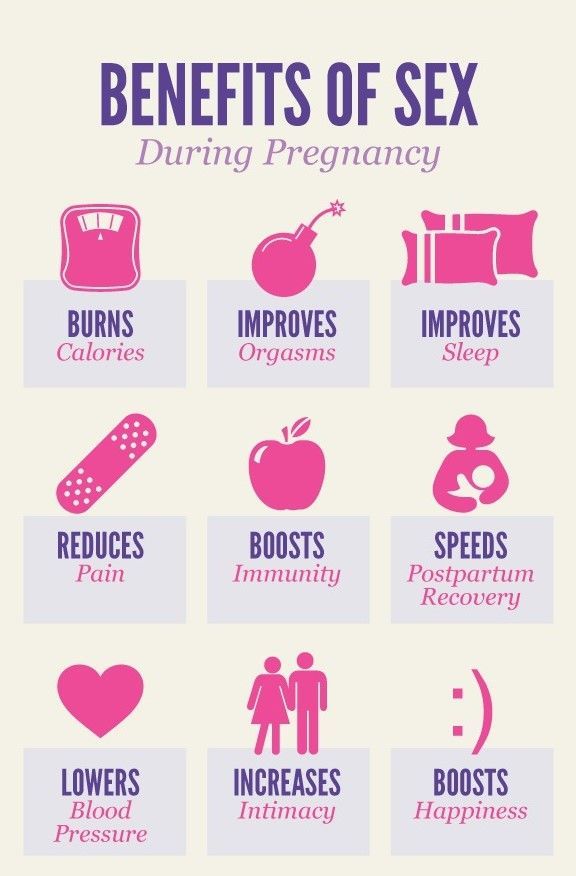
Make an appointment
to the doctor - Bogomolova Marina Vadimovna
Clinic "Mother and Child" St. Petersburg
Cryopreservation of single spermatozoa Cryopreservation of embryos, eggs, spermJoint consultation of a reproductive specialist and an embryologistEmbryology
By clicking on the send button, I agree to the processing of personal data
Attention! Prices for services in different clinics may vary. To clarify the current cost, select the clinic
The administration of the clinic takes all measures to update the prices for programs in a timely manner, however, in order to avoid possible misunderstandings, we recommend that you check the cost of services by phone / with the managers of the clinic
Clinical Hospital MD GROUP LAHTAK Clinic "Mother and Child" St. Petersburg
All areasSpecialist consultations (adults)Molecular genetics laboratoryGeneral clinical researchTreatment roomOther gynecological operationsTelemedicine for adultsTherapeutic researchUltrasound examinations for adults
01.